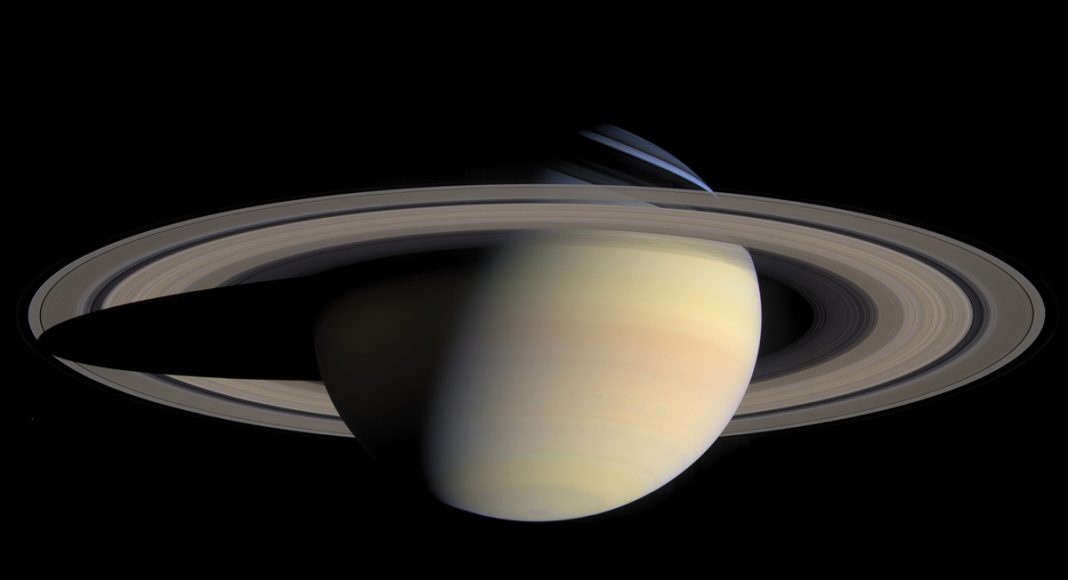Traces of complex organic molecules captured by a space probe demonstrate that a moon orbiting Saturn has all the necessary requirements for life.
Enceladus, one of Saturn’s moons, has long been the interest of scientists due to the fact that it has a warm ocean that contains minerals and molecular hydrogen. This latter compound is very important because it produces chemical energy, which is needed for natural life.
-
Related Story: NASA Is Attempting To Fly A Helicopter Over Mars
New research published on Nature journal deepens these beliefs, demonstrating that Enceladus contains complex organic molecules in its ocean. “Complex organic molecules do not necessarily provide a habitable environment, but on the other hand they are a necessary precursor for life,” said Dr Frank Postberg inan interview with The Independent.
This information makes Enceladus the only other body besides Earth that’s known to satisfy all the basic requirements of life as we know it.
All of this data was gathered by Cassini, a space probe from NASA that’s been operating for 20 years and has been orbiting Saturn for 13 of them. Enceladus’ surface sometimes cracks, releasing plumes of vapor and ice which were captured and analyzed by the space probe.
-
Related Story: WATCH: New NASA Animation Is Literally Over The Moon
As Cassini’s final mission, the probe dove deep into Saturn’s atmosphere and sent all of the data it gathered to Earth before burning up and disintegrating like a meteor.
While there are no more missions for Saturn in the near future, Dr. Postberg says that in the next five years NASA will come to a decision on weather or not they should keep pursuing alien life on this distant planet. “We have a habitable environment there and we have the means to probe it to find whether there is actual life or not.”


